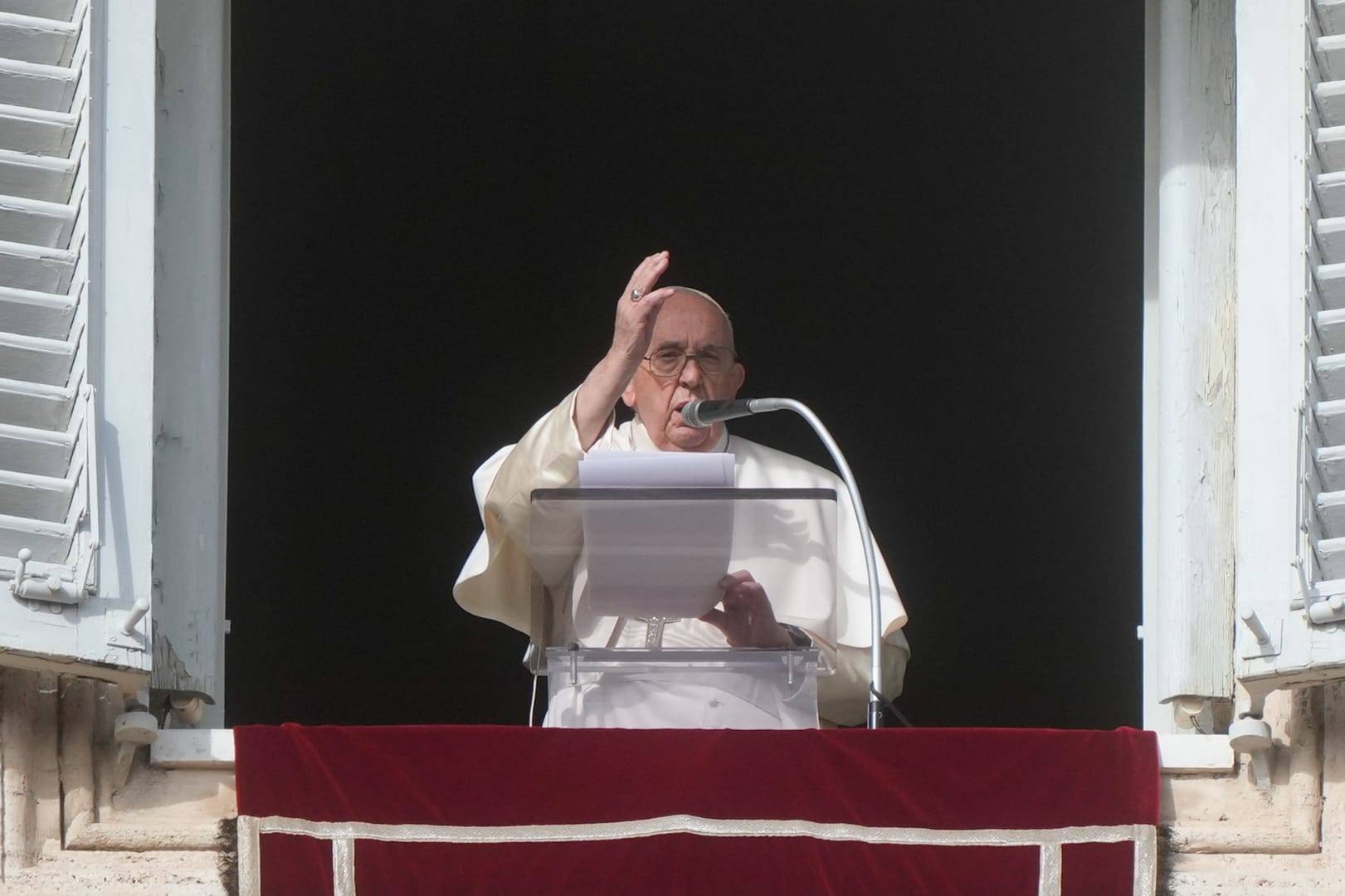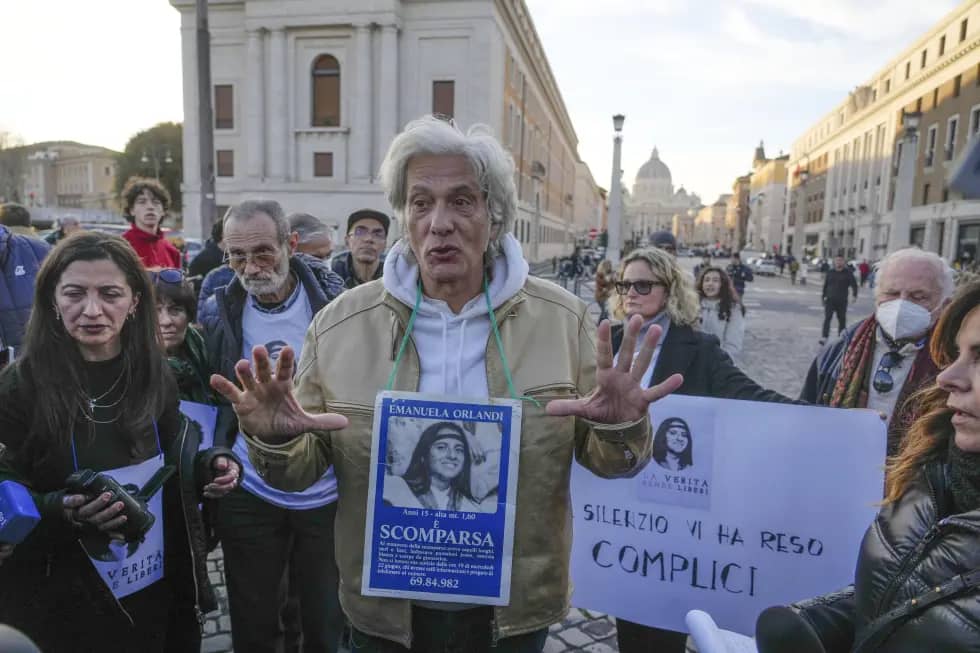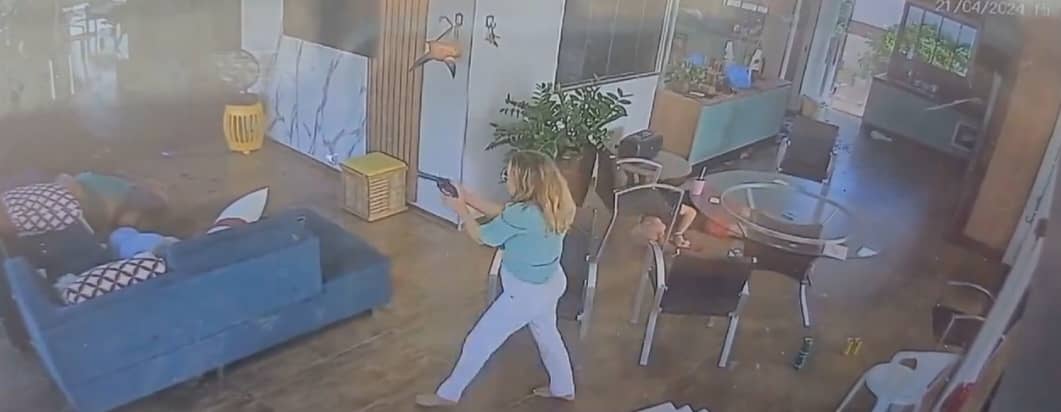Colombia’s senior Catholic prelate has said the Church there is fully expecting a visit by Pope Francis in 2017, and ideally during the first half of the year.
“For sure, the pope will come next year,” said Cardinal Rubén Salazar Gómez of Bogotà, in an interview with Italy’s Religious Information Service shortly after Friday’s announcement that Colombian President Juan Manuel Santos had won the Nobel Peace Prize.
“I hope he can come in the first part of the year,” Salazar said.
“For us the visit will be very important, because the agreement between the government and the guerillas is a political deal, but it’s essential to construct peace, and peace is constructed with forgiveness, with reconciliation, with fraternity, and all those things don’t come from a political bargain but have to be built up every day.”
In this sense, Salazar said, “the visit of the Holy Father is important, because it will give us the strength to go forward.”
Salazar’s comments appear to contrast with what Pope Francis himself said about his upcoming travel schedule in an airborne news conference following his recent trip to Georgia and Azerbaijan, in which he appeared to suggest he’d visit Colombia only when the peace process is complete — a condition that doesn’t presently apply, given the recent narrow defeat of a peace agreement in a popular referendum.
“I said that when the peace process in Colombia is complete, I want to go, when everything is ‘bulletproof,’ that is – if the plebiscite succeeds – when everything is for sure, when there’s no turning back, that is, when the international world, all the nations, are in agreement that there’s no appeal, that everything is finished, I could go,” the pontiff said.
That remark, however, came Oct. 2, before the announcement that Santos had claimed the 2016 Nobel Peace Prize.
Salazar applauded the choice of Santos by the Nobel committee.
“I hope this award will contribute to finding the best solutions for all the difficulties,” he said. “It’s an important recognition for the efforts that have been made, and it will give a shot in the arm to the Columbian community.”
“The situation in Colombia right now isn’t easy,” Salazar said.
“After six years of efforts at dialogue between the government and FARC … an agreement was reached, and then a referendum was held and by a slight majority of votes, the ‘no’ vote won.”
“Right now the situation isn’t clear, there’s confusion,” Salazar said. “On the other hand, the international community approves the negotiations, which the Nobel Prize proves, and the overwhelming majority of Colombians want pace.”
“On the other hand, there are problems with the agreement,” Salazar said. “Many are asking how justice can be done and thus reach peace, when both the guerillas and the state have committed terrible crimes against humanity?”
On Thursday, Oct. 13, Colombia’s bishops will meet to discuss how the Church can contribute to moving things forward after the defeat of the peace deal in the plebiscite.
“The opposition wants to renegotiate the agreement, but this is very difficult because it took six years of effort to get here,” Salazar said.
“I don’t see a renegotiation as easy, but I’m sure that we’ll find a way to bring together the will and the desire for peace of the Colombians, to find a way out of this impasse.”


















